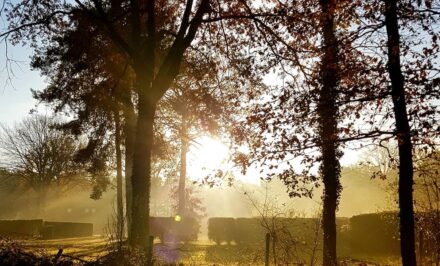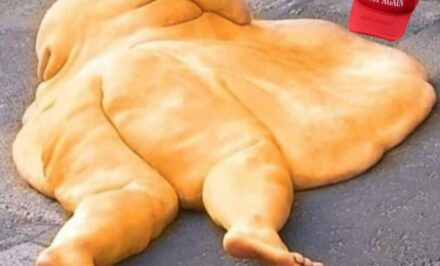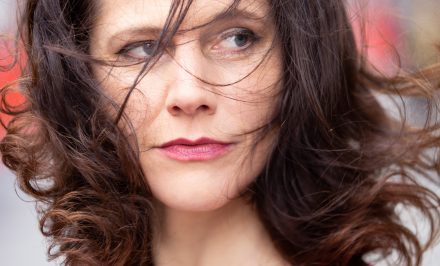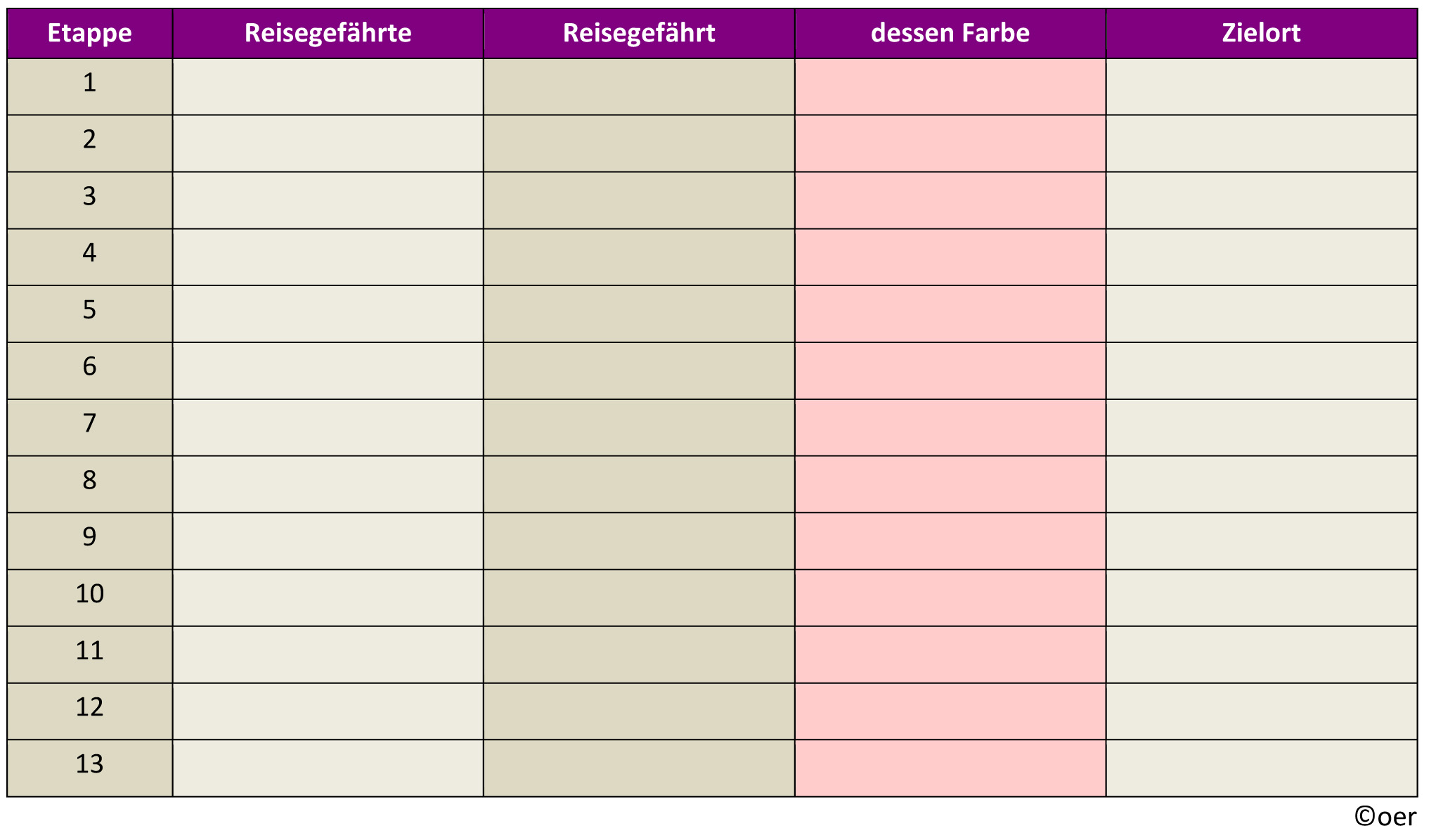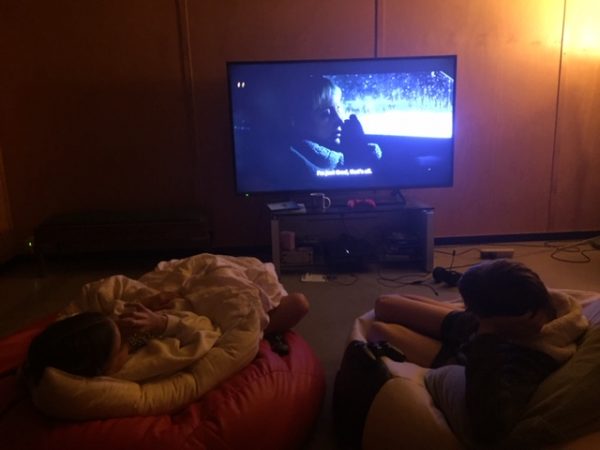
There are some obvious advantages to living in the world’s most isolated capital city (Perth), where the nearest equivalent capital is some two thousand kilometres away, across a land barrier of largely unpopulated desert. Because of Australia’s close economic and social connections to China, our national government acted early to close borders and introduce mandatory quarantine. Our state government followed suit, announcing with some glee that Western Australia was now ‘its own country’ (this glee harks back to an earlier 1930’s referendum, where Western Australians voted to secede from the federation, but were knocked back by the British government.) This has meant hard border closures and restrictions on movement between the state’s regions, to protect remote Aboriginal and other communities from infection, successfully stymying the spread of the virus, which has all but disappeared from the state.
The mandatory rules associated with self-isolation haven’t been as onerous here as elsewhere in Australia, and even they are currently being eased. Beaches, schools and parks have remained open, even if pubs, cafes and restaurants are closed. As of today, Western Australians are now allowed to meet socially in groups of ten, a likely precursor to further easing, should new infections remain low.

What all this has meant for me, and my family, is that our daily life hasn’t seen huge changes. We have maintained the social distancing required, and I’ve been home-schooling our children, but we’ve been able to swim at the beach, hike in nearby national parks, catch up with friends and – importantly for me – shop at our local bookshop. If there’s a sense elsewhere in Australia that various politicians, and members of the police force, are enjoying their new power to make laws and implement them without oversight, that hasn’t been the case where I live. If, like many other Australians I suspect, I have also taken a perverse pleasure in seeing our traditionally fiscally conservative government intervening in the market with decisive social democratic measures, including boosting unemployment benefits (which haven’t increased in real terms since the 1980s), and providing a ‘job-keeper’ allowance which looks very much a universal basic income salary, with talk even of nationalising certain essential industries, my hopes have sadly been dashed that this might lead to a different, fairer society on the ‘other side of this.’ There is already talk among the conservative ideologues of our national government to take the Covid-crisis as an opportunity to implement industrial relations reforms, further weakening the union movement, and of ‘streamlining’ already weak (in my opinion) environmental approval processes for development. Plus ca change.
For those of us who are introverts, in particular, the social distancing measures implemented haven’t been hard to deal with. I am aware that among some friends and students, this time away from the daily grind of commuting and putting on the ‘work mask’, has led to significant improvements in mental health, even as many others are experiencing a spike in anxiety due to lost jobs, lost income, and no cessation in bills, lease agreements, or rental payments.
For my own part, while I’ve enjoyed the extra time with my kids, because of the move to online work (I’m a full-time lecturer), and the coincidental convergence of a number of competing deadlines (reviews owed, judging panels, doctoral assessments, editing of forthcoming publications et al), I’ve rarely been busier than in the previous month.
Two things have occurred, however, that I’ve particularly enjoyed. The first is the incremental movement toward what is my natural sleeping cycle. I have always been a night-owl, but the forced change that means doing much of my work, and my creative work, late at night when everyone else is asleep, has meant that I’ve more closely approached what is, for me, a natural circadian rhythm of being awake until the pre-dawn hours, and sleeping until mid-morning. This has made me feel more ‘myself’, even as it makes me aware of how much I’ve otherwise had to adapt to the regular world.

The second thing is the time I’ve been able to spend with my children. ‘Quality time’ is a horrible cliché, but while I’ve always been hands-on at home, there’s been something about the last month that’s different. This refers back to the point earlier about reluctantly having to adapt to regular life, which in my case means being constantly pulled in the different directions that an active creative/work life demands, leading to distraction, stress, and rarely being ‘present’ for any length of time, at least in a Heideggerian sense. Over the past month, the conversations have been deeper and more interesting, often filtered through interpretations of things we’re watching, reading, or seeing. Which leads me to the text that has most defined this reengagement with one another, but also with meaningful ideas, predicated upon the rare experience afforded by our Covid circumstances of having more time, if not space. I have read some terrific novels over recent weeks, but I suspect that when I/we look back on the past iso-month, in future years, the key text that we’ll remember is the television series, Black Mirror. Across the five seasons available to us on cable-tv, there is something in its tone and approach that is both traditional (influenced by Poe, perhaps, or earlier tv series such as Tales from the Crypt, Tales of the Unexpected et al), but which is also perfect for the times (and in the case of my eleven and thirteen year-old children – their possible futures, too.)
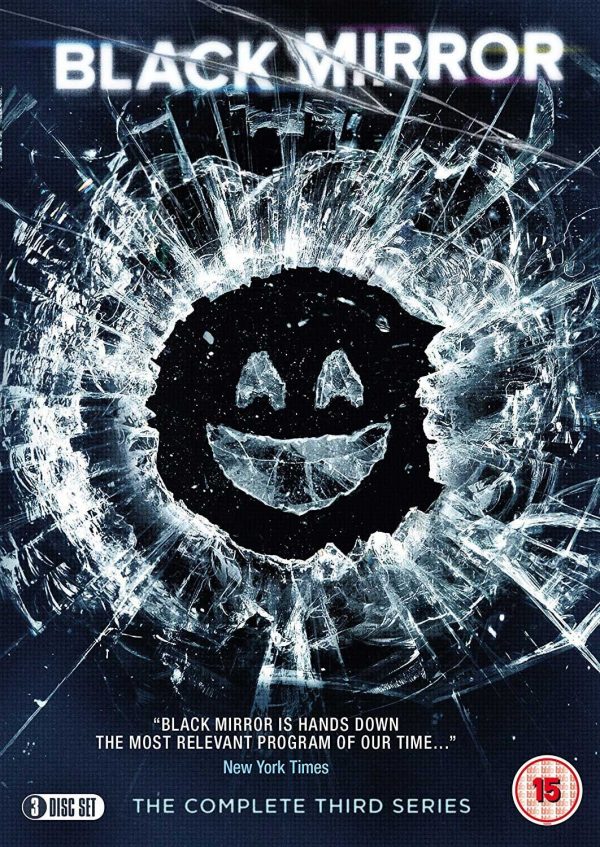
Because each episode functions as a good short story should, working by suggestion and implication, often with a ‘twist’ near the end, the structure is sufficient to maintain interest for their plot-driven generation, while the quality of the writing, directing and acting is, they agree, excellent across the series. But it’s the ideas that filter through – sometimes in the viewing – sometimes upon reflection the following day, reinforced by watching an episode a night, and the way that these implicitly and explicitly relate to their tech and social media savvy generation, that has been most interesting to be a part of. Just like with the reading of short fiction (which should never be binged), this distance between watching episodes is important, allowing the time for reflection and informal conversation that has been a constant, and welcome surprise.

We consider ourselves lucky. Covid-death has thus far avoided touching our community (I can’t think of the virus without thinking of Kathe Kollwitz’s drawing, Ruf des Todes, and the hand of death, reaching over). Neither my wife nor I have, so far, lost our jobs. Our life continues on, barely inconvenienced. The sky is less polluted, and everywhere I go, I see more people than usual, out enjoying the quietude of the natural world. When I do so, too, the fever-dreams of my current fiction work swirling around in my head, as per normal, it’s lately a welcome, rather than unwelcome, intrusion to be asked by one of my kids a question about the Black Mirror episode we watched last night, before the inevitable question about which episode we’ll be watching, later.
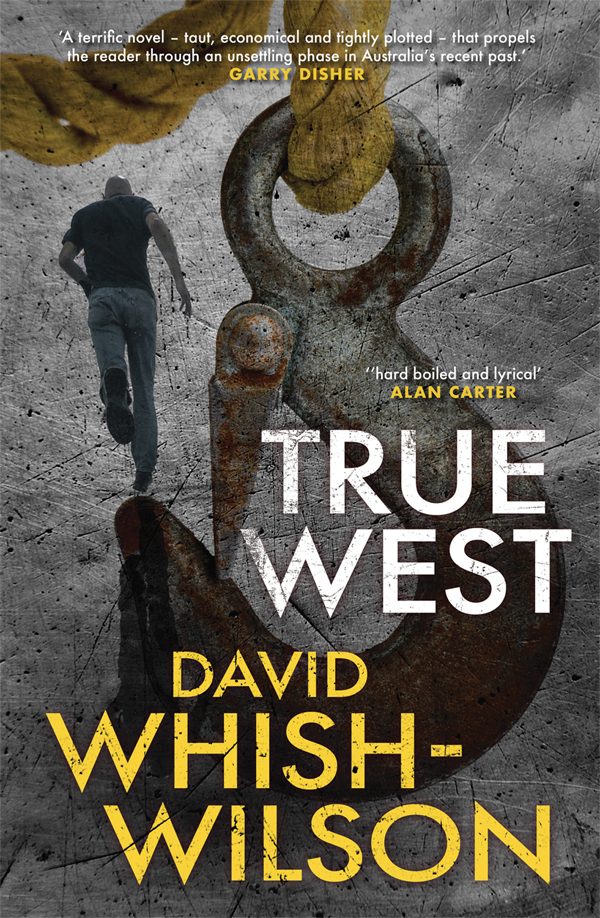
David Whish-Wilson is the author of True West, of The Cove (CrimeMag review here) and some other fine novels. His books are translated in Germany, published at Suhrkamp.
His presence at CulturMag. His website.

